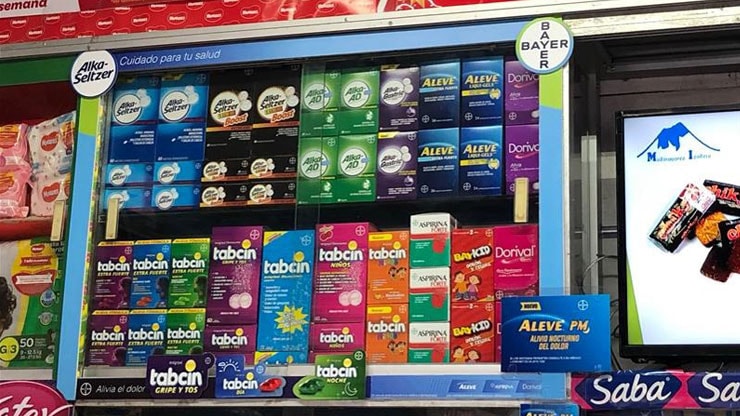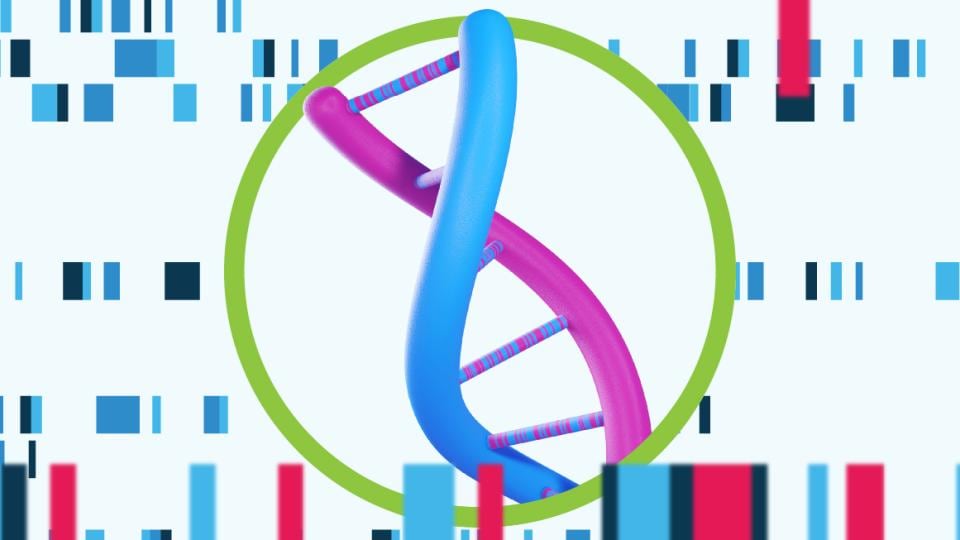Self-Care For a Healthier Future

- Health at Bayer
-
Pharmaceuticals
- Treatment Areas
- Innovation & Technologies
- Cell and Gene Therapy
-
Sustainability
- Patient Access Charter
- Leadership Perspective
- Strengthening Healthcare Access
- Moving Non-Communicable Diseases Care Forward
- Ensuring a Sustainable Product Supply
- Delivering Better Cancer Care
-
Empowering Women, Globally
- Boosting Family Planning Usage through Digital Channels
- Capacity building: Addressing Root Causes through Partnerships
- Impact at Scale: The Challenge Initiative
- Promoting Awareness: World Contraception Day (WCD) & the Your Life Campaign
- Providing Accessible and Affordable Contraceptives
- Enabling Family Planning in Humanitarian Settings
- Fighting Neglected Tropical Diseases
- Transparency
- News & Stories
- Personal Health
- Report a Side Effect
- Medical Counterfeits
Early in my career, I lived in the Dominican Republic working on a volunteer service project. I was in a rural, remote village, working with a local non-profit and school by day, sleeping in a chicken coop by night. While working on local water sanitation, I contracted a gastrointestinal illness and was bedridden for three days. I was severely dehydrated and had no energy. I could barely move. There were no doctors or hospitals nearby. The team was worried I was going to need to be air-lifted to get medical treatment. But thankfully, a new friend made a visit to the local farmacia and found an over-the-counter medication that worked and truly became a lifesaver for me. After days of treatment, I felt better and was able to get back to helping the children that needed my attention. These over-the-counter medications are simple, inexpensive and effective treatments for a number of public health problems and have been a key tool to save lives.
This experience, among others, led me to my role at Bayer as the Global Vice President and Head of Public Affairs, Science and Sustainability for our Consumer Health division. As someone who was helped dramatically by an over-the-counter product, I know, first-hand, how valuable having access to self-care – both education and proven products – can change someone’s life. And I’m privileged and proud to lead our team across the world to help change the lives of 100 million people by giving them access to everyday health by 2030.

Our vision is to empower, educate and equip people with the ability to transform their health for a better life today, tomorrow and well into the future for the improvement of society as a whole. Imagine a world where a woman in rural Central America doesn’t have to miss a day of work because she’s suffering from a stomach issue. Imagine a world where a child who lives in the inner city can focus and excel at school without distraction and discomfort because she has access to allergy medicine that works. Imagine a world where a pregnant woman in Asia is able to prevent birth defects in her unborn child because she has access to education about prenatal care and vitamins.
As we lead up to International Self-Care Day on July 24, I wanted to share some of the reasons, we believe so strongly in the power of self-care and the need to enable access to more people in order to help achieve the United Nations’ Sustainable Development Goal #3: Health and Wellness. Self-care is defined by the World Health Organization as “the ability of individuals, families and communities to promote health, prevent disease, maintain health, and to cope with illness and disability with or without the support of a healthcare provider.”
In 2017, the World Health Organization predicted that if the world continued on the same trajectory, less than half of the world’s population will have access to basic and essential healthcare services by 2030. This barrier to healthcare disproportionately impacts people in underserved communities who are unable to work, go to school, support their families and spend time with their loved ones because they can’t prevent or treat their ailments. In light of the unforeseen global pandemic, unless we take significant and immediate action today, this problem is going to get even worse before it gets better.

With this in mind, self-care becomes both the first and last line of healthcare for underserved populations. This is even more relevant today, during the global pandemic, when having the right self-care solutions at home has become critically important for people to stay healthy and shelter at home. Self-care can offer a practical approach to help mitigate overburdened healthcare systems today.
Even before the crisis, we’ve known for years that the accessibility of preventative care and basic health literacy can reduce the need for many people to visit a healthcare provider, enabling physicians to focus on more severe or urgent cases. By caring for everyday health, people can improve their health and well-being today, as well as prevent and decrease the likelihood of disease in the future. As an example, in a study of 23,000 German adults, having healthy every day behaviors accounted for a 78% lower risk of chronic disease (diabetes, myocardial infarction, stroke, and cancer). Self-care also enables people to be more productive members of society. The Center for Workforce Health and Performance in the U.S. estimates that chronic conditions, such as allergies, heartburn and headaches—all of which can be easily treated at home, for most people—account for $165 billion in lost productivity costs.
In the wake of COVID-19, it’s become apparent that access to self-care will be a key solution to helping the world achieve SDG #3: Health & Wellness. We have the ability to create real change by providing people with education, access and the right solutions to ailments that do not need to overtake their lives.





















